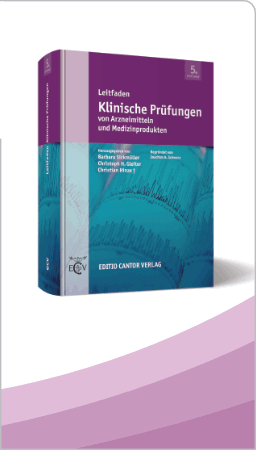On-going Stability Testing of Herbal Medicinal Products Cornelia Höhne1,7, Sven Oliver Kruse2,7, Wolf Dammertz3,7, Ulrike Kroll4,7, Martin Tegtmeier5,7, Barbara Steinhoff 6,7 PhytoLab GmbH & Co. KG1, Vestenbergsgreuth, Germany, Diapharm GmbH2, Münster, Germany, H & S Tee-Gesellschaft mbH & Co. KG3, Kressbronn, Germany, Steigerwald Arzneimittelwerk GmbH4, Darmstadt, Germany, Schaper & Brümmer GmbH & Co. KG5, Salzgitter, Germany, Bundesverband der Arzneimittel-Hersteller e. V. (BAH)6, Bonn, Germany, on behalf of the BAH Working Group7 The principles used for stability testing of herbal medicinal products in the marketing authorisation/registration process apply for on-going stability studies as well. However, also for on-going stability testing the particular characteristics of herbal medicinal products must be taken into account. As some requirements like statistical evaluation and reaction on atypical trends and out-of-specification (OOS) results are difficult to implement for herbal medicinal products, practical approaches are proposed on how to handle critical and uncritical deviations. Critical deviations influence the overall quality, safety or efficacy of the product. They are regarded as confirmed OOS results in the sense of the EU GMP Guideline and should be reported to the competent authority. Minor OOS results may lead to further measures such as e. g. use of alternative markers or broadening of specification ranges, depending on the individual case. The intention of this article is to provide the Marketing Authorisation Holders (MAHs) and the responsible personnel, in particular the Qualified Persons (QPs), with a comprehensive overview on current practical experiences and to give support with regard to the interpretation of results and discussions with the competent authorities. |
|
|
pharmind 2011, Nr. 8, Seite 1401




